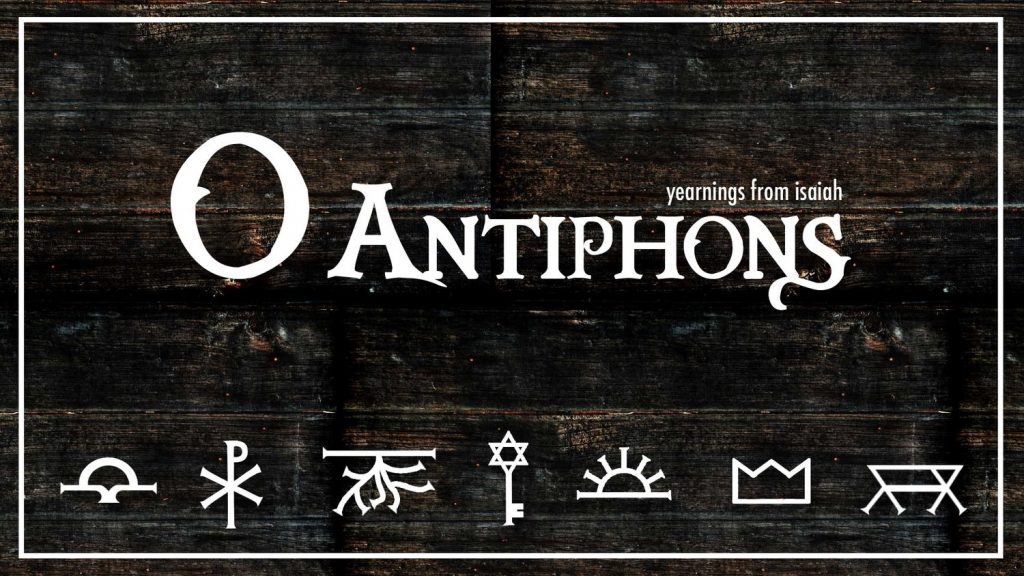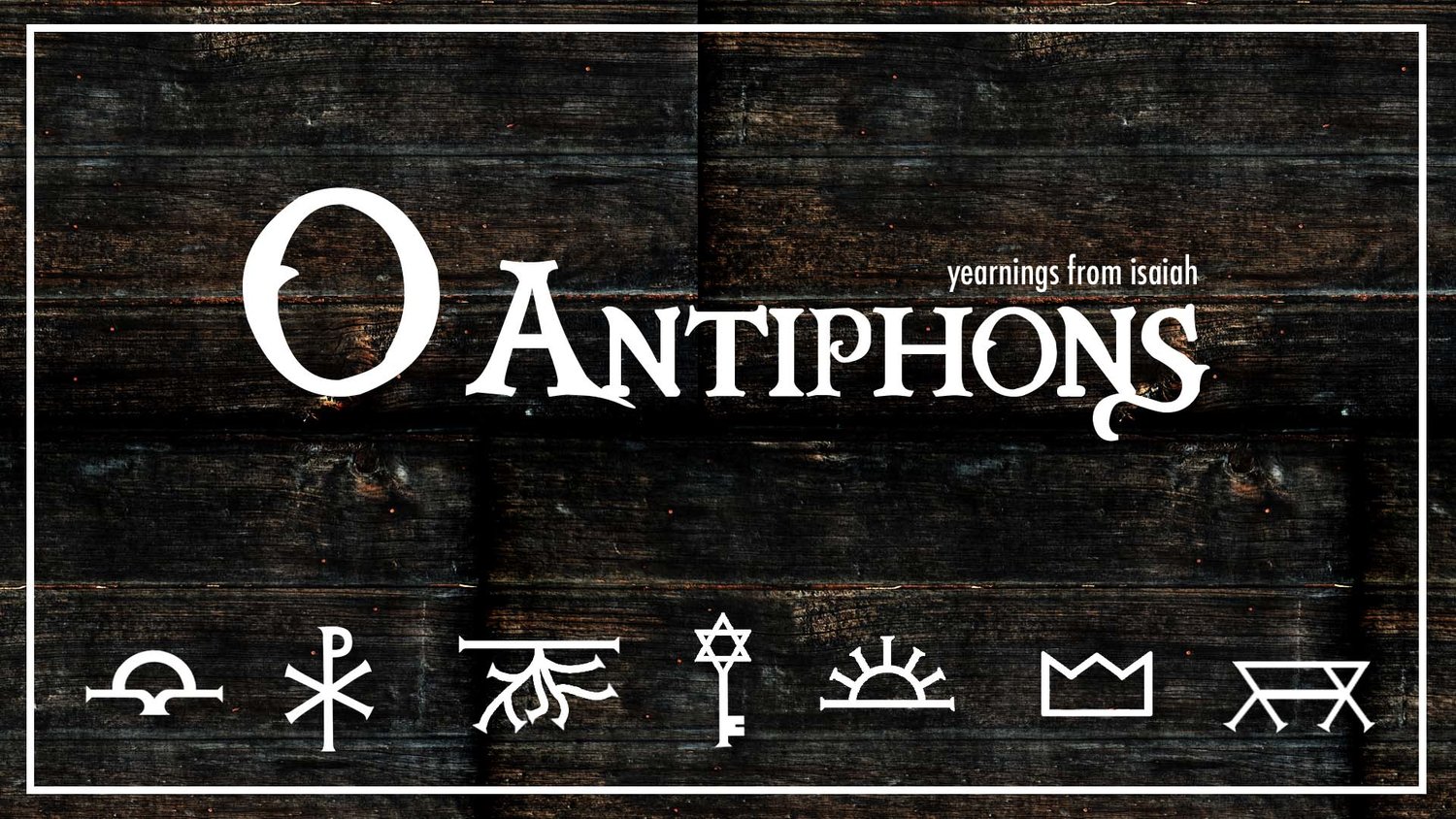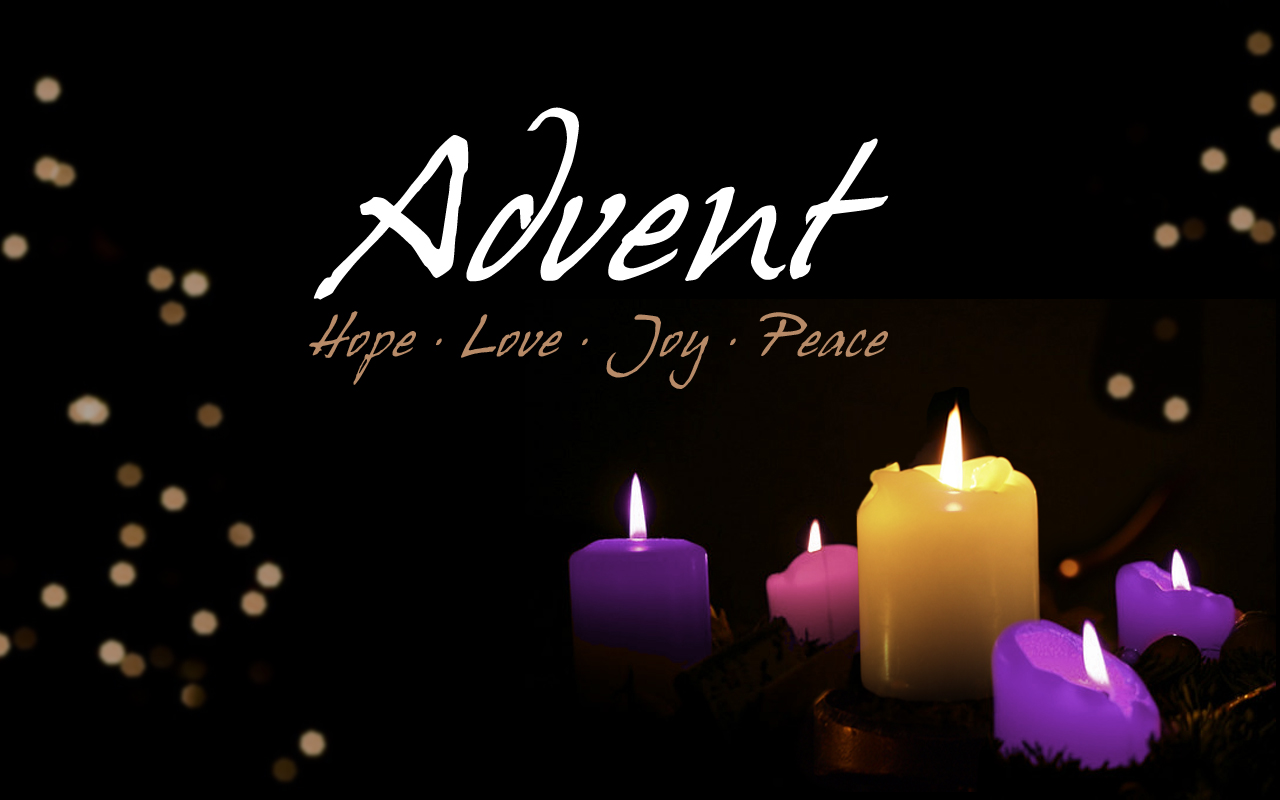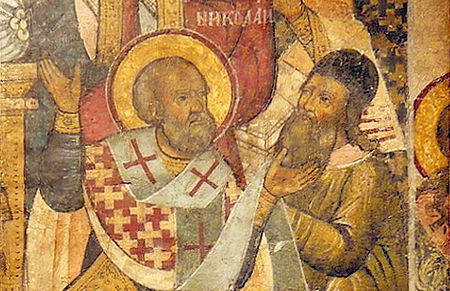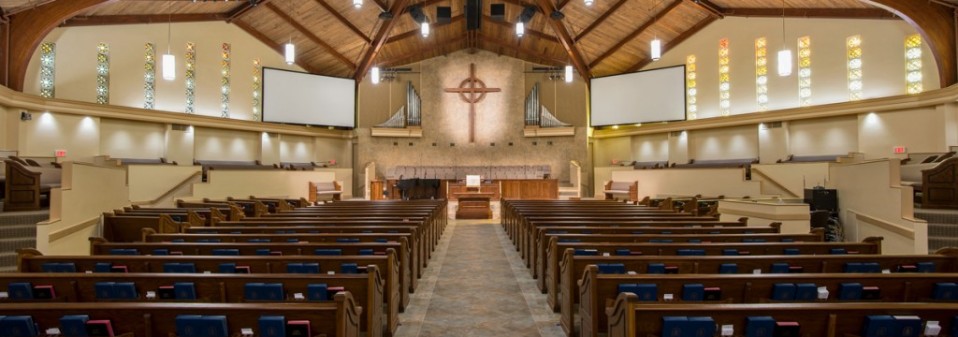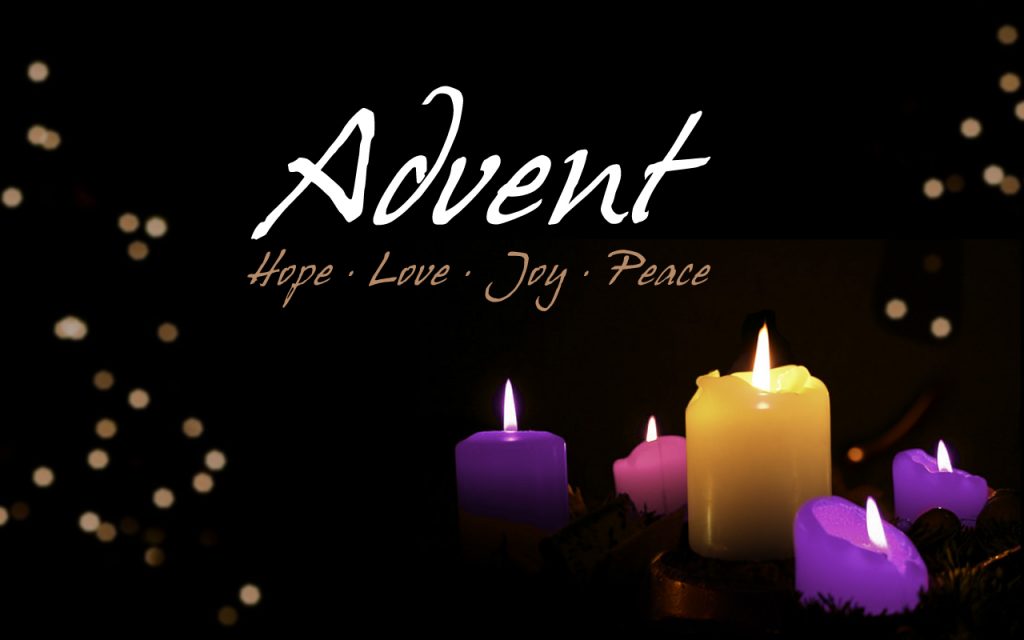
Malachi 3:1-4
Matthew 24:36-44
Many, If not all of us, are preparing for something. I would hazard to guess that we are all preparing, in some way, for Christmas. I am preparing my sermons. The Choir is preparing hymns and carols. The church was beautifully decorated this past week, thank you to all who helped out with that. We are decorating our homes. We are shopping for gifts, writing out cards, and all the rest. Some of us are preparing to head south for the winter, packing, forwarding mail, stopping the newspaper, telling neighbors, etc. etc. etc. We are preparing, that’s good, that what Advent is all about, preparing.
The Prophet Malachi comes to us today with a message from God that God is sending his messenger to prepare the way. The messenger will suddenly appear. This will be the messenger of the covenant. This is good news, and the Prophet is happy to share it with those around him. But then comes the questions.
Malachi likes to ask questions in fact, his entire prophecy is about questions. “How has God loved us?” (1:2) “Has not God created us?” (2:10) “Where is the God of justice?” (2:17) “How shall we return to God?” (3:7) There are twenty-two questions in just fifty-five verses, Malachi has a lot of questions.
Having questions, questioning things that we once believed and now, not so much, is not a bad thing. Asking questions and engaging in dialogue is a healthy part of our spiritual life and one that I think we need to do more of. It is always a goal of mine, when writing a sermon, to leave you with questions, sometimes leaving you with more questions than answers, and it is my hope, that we ponder these questions and perhaps, seek out that answers. This is what allows us to grow spiritually and allows our faith to mature that that is what Malachi is doing.
But then, he changes is questions. He has just announced that the way is being made clear and then asks “But who can endure the day of his coming?” In other words, who is going to be ready if Jesus appeared right now?
Many years ago, before the internet, there was a cartoon in the newspaper that pictured a bunch of people standing around and one of them saying, “Jesus is coming, look busy.” Now it, like all cartoons are supposed to do, elicited a chuckle but what are we do in the day of his coming?
In the examples I have already used, we know the day, Christmas is December 25th and, those you heading south, know the day you will be leaving, but what about the day Jesus returns? The entirety of the Old Testament is about waiting for the day of the coming of the Lord, they were waiting for thousands of years, since “in the beginning” for the Messiah. They were in a constant state of Advent. Imagine how many candles their Advent Wreath had.
As you can imagine, some got quite bored with the whole thing and wandered off and did their own thing, then Moses comes along and reminds them of what they are waiting for. Gives them a list of things to do and rules for how to behave. So they wait, and more times passes, more folks get bored and wander off, so the Prophets come and warn people, but yet they wait, light more Advent candles, and nothing. Then, a baby is born, but more about that later.
So back to Malachi’s question, “who can abide?” But you’re asking, when is he coming? How can I be ready for his coming if I don’t know when he is coming? It’s like me telling you today at fellowship, I am going to pop over for a visit, be ready, and I walk away. You do not know when I am coming, but you need to be prepared.
Much is made about the date and time of the return of Jesus. We all know that Jesus told his Disciples that He was going to return as Christians we believe, as it says in the now famous Apostles Creed, that “he will come again to judge the living and the dead.” Preachers like Oral Roberts and Kimmy Swaggert predicted the date and time, well it has come and gone and no Jesus. Jim Bakker will sell you a five gallon pale of rapture food or some such thing, for $45 so you can be ready. The food has a long shelf life so no need to worry. Everyone seems to think they know when the Second coming is, well, coming. But, as we heard in the Gospel of Matthew, “But about the day and the hour no one knows, neither the angels of heaven, nor the Son, but only the Father.” Yup, you heard that right, Jesus does not even know when he is going to return but somehow these guys on the TV know.
Well, Jesus has the answer for that as well, funny how these guys never get to the end of the Scripture they like to quote, “Therefore you must also be ready, for the Son of Man is coming at an unexpected hour.” We do not know when he is coming so we better look busy.
So back to Malachi.
Malachi tells us that the one coming is, “like the refiner’s fire.” When metal is purified it is heated to its liquid state, and the impurities are removed from the top of the liquid, and then the metal is left to cool with all of the contaminants gone. We are the metal that needs purification but, unlike metal, we do not need to be heated to a liquid state for that to happen.
So how do we accomplish this? This refining? Well, you are doing it now, you are here, in the community, working out your faith. You ask questions, some rather difficult ones at times, and you seek out answers. You pray, daily, I hope, for direction from God on all matters large and small. You seek out a spiritual guide or director, who can lead you and direct you along the path. You read scripture, daily, I hope, to help you find those answers that you seek. You love God, and you love neighbor. You feed the hungry, clothe the naked, care for the “least of these” daily. This is how we refine ourselves, and this is how we prepare.
Following the example that Jesus left us, as best we can, is the way to refine ourselves. Just like athletes have to train daily, so we must prepare our spiritual lives daily. We make room in our busy lives for what is essential, well, this is important, so we need to make room in the Inn of our lives to spend some time, daily, with God.
For generations, these passages have been used to keep people in fear. Preachers have used these passages, and ones like them, to make the people afraid and then to impose laws and regulations on them, and seek donations, to keep them on the right path. For generations religion has been about fear, well, on this second Sunday of Advent, I am here to tell you that religion is not about fear religion is about love. Religion should be about inclusion, not exclusion. I have mentioned this before that God’s love does not exclude anyone, “For God so loved the world that he gave his one and only Son, that whoever believes in him shall not perish but have eternal life.” The verse says “whoever” not “those who follow these rules.” EVERYONE!
God saw that things were not working, his messengers were not getting his message across, so he sent his Son to show us the way. Jesus did not just tell us, he showed us and left us an example of how to refine, of how to be ready, and about how to love, without conditions. The message of the Scripture today, the message of Advent, The message of Christmas, the message of the entire Gospel is that God loves you right here and right now and has opened the doors for us.
Do not wait, for we do not know the day or the hour. Just like you do not wait until the last minute to prepare for a trip, do not wait to prepare your spiritual life. But always remember, God loves you.
